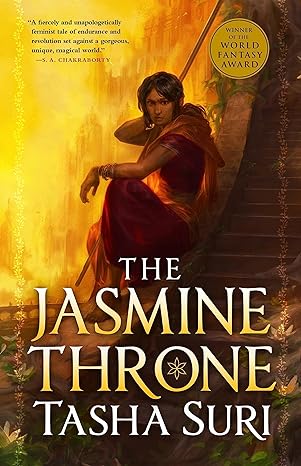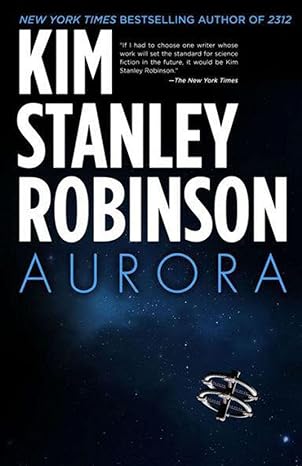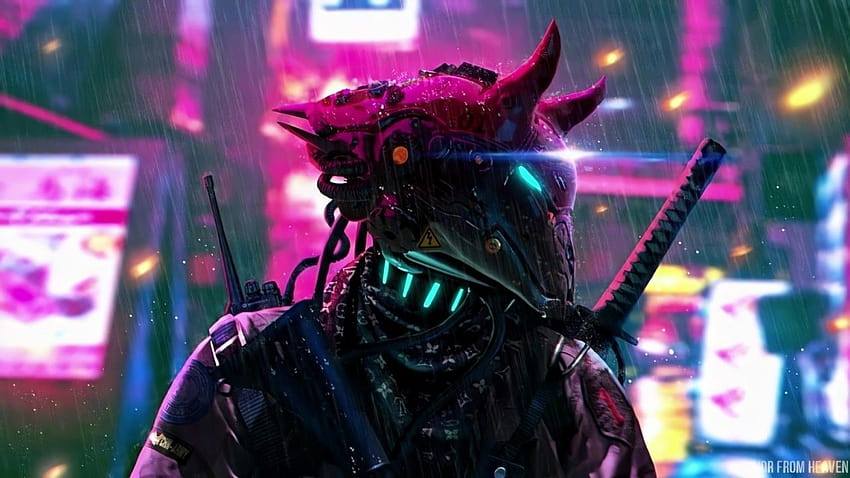Epic Echoes:
Hot Topics Shaping SFF Today
Welcome to a space where the realms of science fiction and fantasy (SFF) collide, generating ripples of thought that resonate across the speculative landscape. Here, we embark on a journey into the heart of contemporary SFF discussions, exploring the current trends of discourse that shape the ever-evolving narrative tapestry. From diversity to AI, technology to sub-genre interests, we delve into the epic echoes reverberating throughout the writing realms, dissecting the hottest topics that captivate readers, writers, and enthusiasts alike.
Here are some of the hotter topics being integrated into SFF works today, with examples:
Diversity and Representation: The ongoing conversation about diversity, inclusion, and representation in SFF remains prominent with crucial discussion. Authors, readers, and critics are all advocating for more inclusive narratives that reflect a broader range of voices, cultures, and perspectives. The Unbroken by C.L. Clark, the first book in the Magic of the Lost series, is this military fantasy novel that features a world inspired by North Africa and the Middle East. It explores themes of colonialism, rebellion, and the complexities of power. The Jasmine Throne by Tasha Suri the first in the Burning Kingdoms series, features a richly imagined world inspired by Indian history and mythology. It explores power dynamics, resistance, and the strength of women in the face of oppression.
Climate Fiction (Cli-Fi): With increasing global concern about climate change, Cli-Fi gained traction. Writers explored speculative futures and alternative worlds grappling with environmental challenges, offering a platform to discuss real-world environmental issues through fiction. The Windup Girl by Paolo Bacigalupi is set in a future where biotechnology reigns supreme. It explores a world suffering from environmental collapse and energy shortages. It examines corporate greed, genetic engineering, and the consequences of manipulating the natural world. New York 2140 by Kim Stanley Robinson envisions a future New York City partially submerged due to rising sea levels. It follows the lives of various characters as they navigate the challenges of climate change, social inequality, and the reshaped urban landscape.
Exploration of AI and Technology: As technology continues to advance, discussions in SFF explore the ethical, societal, and existential implications of artificial intelligence, robotics, and other emerging technologies. The Quantum Thief by Hannu Rajaniemi incorporates advanced technology, including quantum and post-singularity elements in his space opera. The novel follows master thief Jean le Flambeur as he engages in heists and explores a futuristic world filled with intricate technologies.
Post-Apocalyptic Narratives: Post-apocalyptic scenarios are a favorite of mine, with authors examining different aspects of societal collapse, survival, and rebuilding. Humanity’s resilience and adaptability in the face of catastrophic events is a recurring theme. Popular novels like The Girl with All the Gifts by M.R. Carey, The Stand by Stephen King, and The Road by Cormac McCarthy have all won prestigious awards and reveal worlds in catastrophic stages of destruction.
Space Exploration and Colonization: The exploration of space, colonization of other planets, and the challenges and ethical dilemmas associated with interstellar travel were recurring themes. Aurora by Kim Stanley Robinson explores the challenges of interstellar travel as a generation ship sets out to colonize a distant star system. The story delves into the ecological, social, and psychological implications of such a journey. My novel Drayton’s Discoveries explores colonization within Atax, a distant planet whose surface is too hot to live on, and a planet that possesses a new energy source 10 times stronger than what is currently used in 2240.
New Subgenres and Blurred Genre Boundaries: SFF continued to evolve with the emergence of new subgenres and works that defied traditional genre boundaries. Authors experimented with blending elements of fantasy, science fiction, horror, and other genres to create innovative and unique narratives. Varieties of subgenres popping up are Solarpunk, Hopepunk, Cli-Fi, LitRPG, Weird Westerns, Biopunk, Afrofuturism, Silkpunk, etc.
Queer SFF: There was a growing interest in queer representation within SFF, with authors exploring LGBTQ+ themes and characters. This included both speculative worlds that directly addressed queer issues and stories where queerness was a natural and integrated aspect of the narrative.
Retellings and Reimagining: Authors put new spins on classic tales and myths, creating fresh and diverse retellings that offered alternative perspectives and explored familiar stories in innovative ways. The ever-popular Wicked: The Life and Times of the Wicked Witch of the West by Gregory Maguire reimagines L. Frank Baum’s The Wizard of Oz, and offers a revisionist take on the Wicked Witch of the West, Elphaba. It delves into her background, motivations, and the events that led to her portrayal as a villain in the classic tale. Or you can examine The Bear and the Nightingale by Katherine Arden which is inspired by Russian folklore and reimagines fairy tales and legends. It introduces Vasilisa, a young woman with a connection to the mystical beings of the Russian wilderness, and explores themes of magic, tradition, and the clash between old and new beliefs.
In conclusion our quick travel through the epic echoes of SFF, it becomes evident that the worlds of SFF are not stagnant realms but dynamic landscapes where ideas unfold, reshape, and inspire. The currents of discussions we’ve navigated illuminate the vibrancy of the genre, demonstrating that SFF reflects our collective curiosity, fears, and aspirations. The journey continues, and as we eagerly anticipate what lies on the speculative horizon, Epic Echoes stands as a testament to the ever-thriving writers who publish one echoing epic at a time. Keep keeping all the love of SFF as the readers keep Until our next exploration, may your adventures in the realms of the speculative be as boundless as the galaxies and as magical as the most enchanting of fantasies.
I want to give a quick shout-out to PLOTTR software. I’ve found it has really improved my writing game and increased my efficiency tremendously. It is my new favorite writing aid. Use any of my affiliate links below and I might get a small commission. Thanks.
Check out my YouTube channel for PLOTTR videos @jlnichauthorsff
Joseph Michael’s Learn Scrivener Fast e-course
Please read and review my serial publishing novel, Sparrow’s Legacy, on Kindle Vella. You can read the first three chapters free on Amazon by searching for “Sparrows Legacy Kindle Vella” or clicking here. I. Please subscribe to my website if you want to be notified when I’ll be publishing or to get free samples of my work.
JL Nich, Science Fiction Fantasy Author






